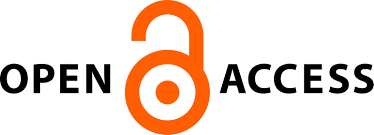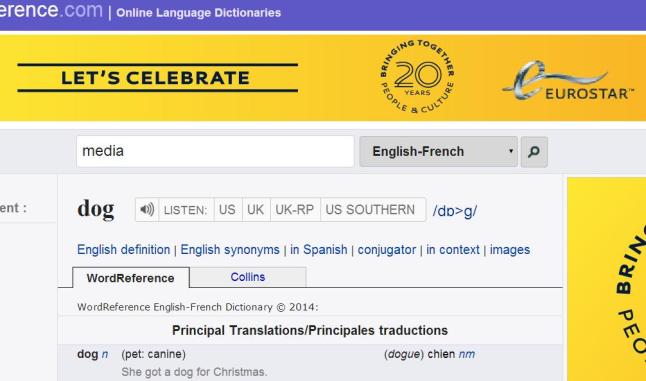
Final thoughts on #UOSM2033
So with the Living and Working on the Web module during to a close, I have created a prezi to sum up my experiences of the module and express my thoughts on what I have learnt over the course of such an interesting and extremely useful module.
Double click on the screenshot below to access my prezi.
Continue reading →











